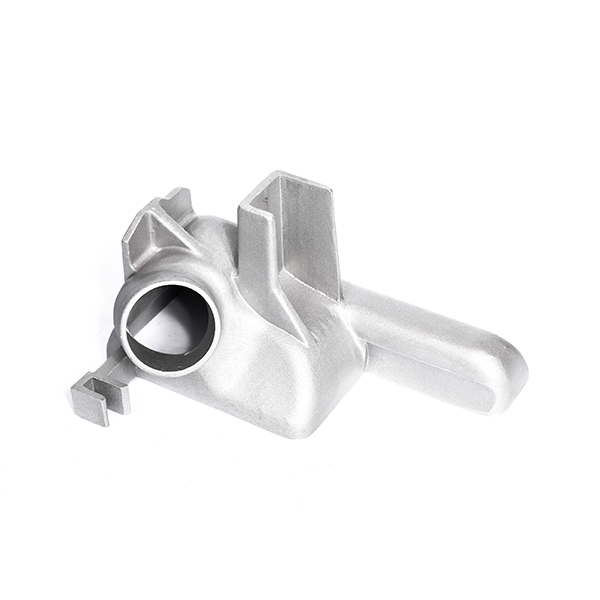Mobile:+86-311-808-126-83
Email:info@ydcastings.com
English
Jan . 20, 2025 15:43
Back to list
Pump Body
Gas pipe end caps are a critical component in various industries, providing crucial closure and protection for pipelines. With decades of experience as a pipeline installation expert, I can confidently say that choosing the right gas pipe end cap not only enhances pipeline efficiency but also ensures safety and longevity.
From an authoritative standpoint, regulatory compliance is another crucial aspect. End caps must adhere to industry standards set by bodies such as the American Society of Mechanical Engineers (ASME) to ensure they meet safety and performance benchmarks. Regular audits and certifications not only guarantee compliance but boost stakeholder confidence in the safety and efficacy of the pipeline system. Given the technical complexity surrounding gas pipe end caps, the input of a trusted supplier or expert is invaluable. Partnering with reputed manufacturers provides assurance of quality and access to cutting-edge innovations in pipeline technology. They can offer tailored solutions to address unique challenges, backed by research and field-tested methodologies. In my years of fieldwork, I have repeatedly seen the transformative impact of superior quality gas pipe end caps in extending pipeline lifespan and maintaining operational integrity. A focus on high-quality materials, precise specifications, and compliance with industry standards not only mitigates risks but also optimizes the overall pipeline performance. The investment in reliable end caps is an investment in peace of mind, reducing downtime and repair costs in the long run. Conclusively, the role of gas pipe end caps in pipeline systems is indispensable. Their selection, informed by technical expertise and hands-on experience, is crucial for ensuring safe and efficient gas transport. While often overlooked, these components hold the key to robust and sustainable industrial operations. As the industry evolves, so must our approach to incorporating new advancements in end cap technology, paving the way for safer, smarter, and more reliable pipeline infrastructure.


From an authoritative standpoint, regulatory compliance is another crucial aspect. End caps must adhere to industry standards set by bodies such as the American Society of Mechanical Engineers (ASME) to ensure they meet safety and performance benchmarks. Regular audits and certifications not only guarantee compliance but boost stakeholder confidence in the safety and efficacy of the pipeline system. Given the technical complexity surrounding gas pipe end caps, the input of a trusted supplier or expert is invaluable. Partnering with reputed manufacturers provides assurance of quality and access to cutting-edge innovations in pipeline technology. They can offer tailored solutions to address unique challenges, backed by research and field-tested methodologies. In my years of fieldwork, I have repeatedly seen the transformative impact of superior quality gas pipe end caps in extending pipeline lifespan and maintaining operational integrity. A focus on high-quality materials, precise specifications, and compliance with industry standards not only mitigates risks but also optimizes the overall pipeline performance. The investment in reliable end caps is an investment in peace of mind, reducing downtime and repair costs in the long run. Conclusively, the role of gas pipe end caps in pipeline systems is indispensable. Their selection, informed by technical expertise and hands-on experience, is crucial for ensuring safe and efficient gas transport. While often overlooked, these components hold the key to robust and sustainable industrial operations. As the industry evolves, so must our approach to incorporating new advancements in end cap technology, paving the way for safer, smarter, and more reliable pipeline infrastructure.
Next:
Latest news
-
Materials Used in Manufacturing Cap End Pipe FittingsNewsNov.24,2025
-
Material Properties of CF8M CastingNewsNov.24,2025
-
How to Inspect Pump Cap Ends for DamageNewsNov.21,2025
-
Backward Curved Impeller – Efficient Airflow Solutions for Industry | YD CastingsNewsNov.21,2025
-
Automobile Water Pump - Efficient, Quiet, Durable & ElectricNewsNov.21,2025
-
Impeller for Pumps – High-Efficiency, Durable, OEM-ReadyNewsNov.21,2025
Related PRODUCTS











